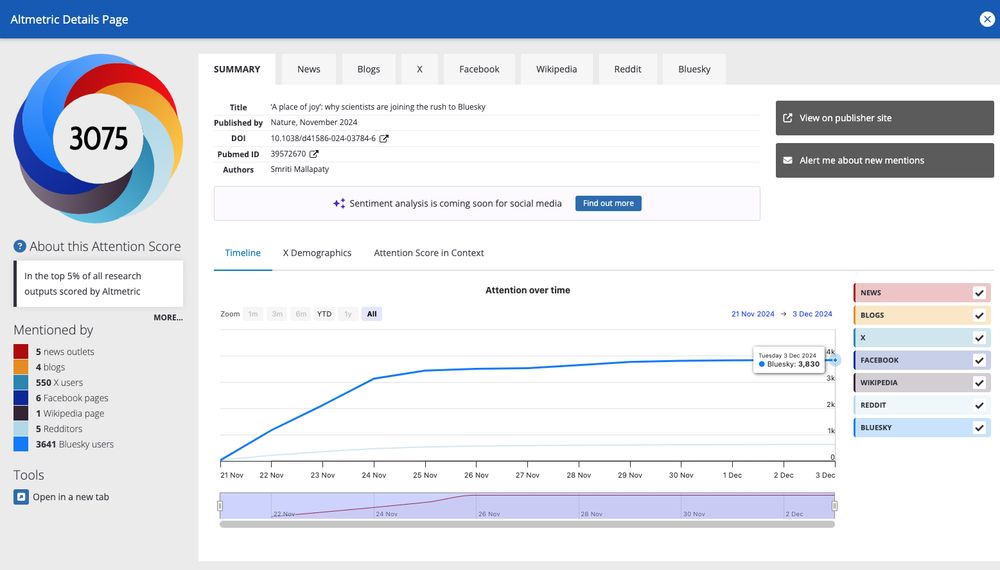

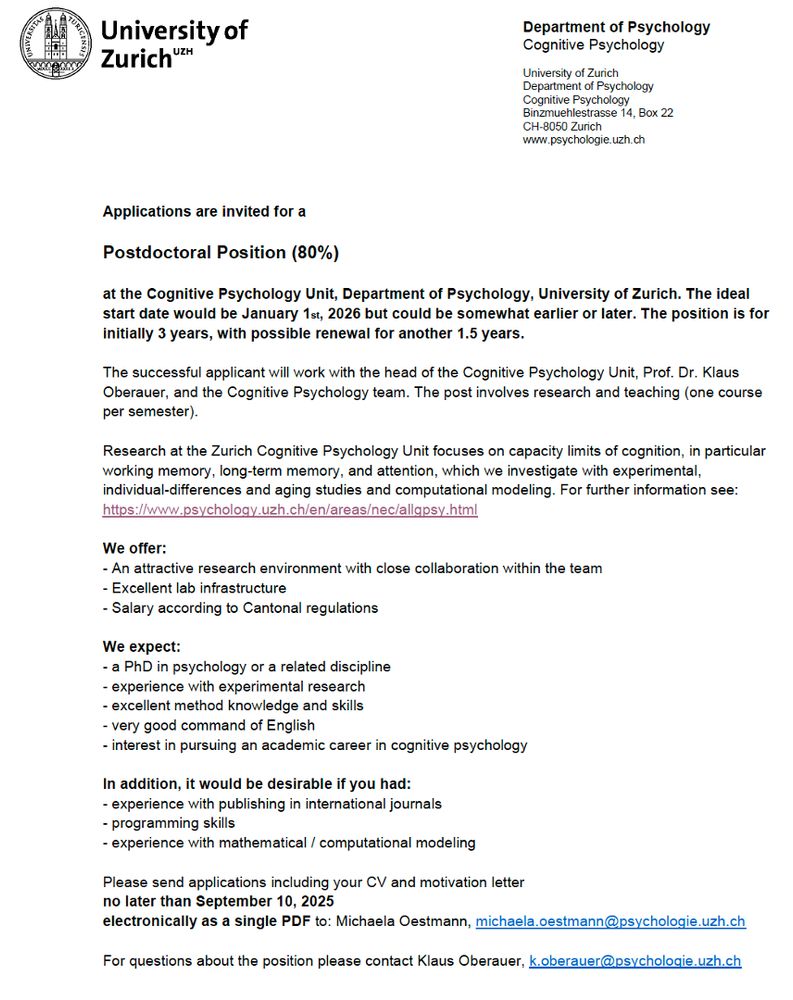
Depends of course, but our guidelines help navigating this in an informed way.
Out now in BRM (free) doi.org/10.3758/s134...
@psychonomicsociety.bsky.social
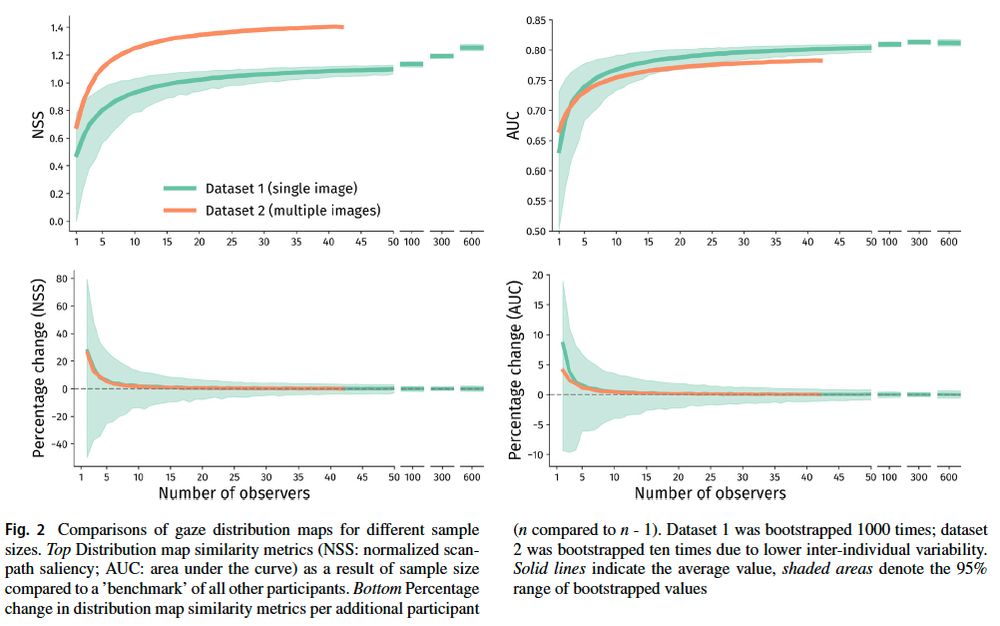
Depends of course, but our guidelines help navigating this in an informed way.
Out now in BRM (free) doi.org/10.3758/s134...
@psychonomicsociety.bsky.social
www.rug.nl/about-ug/wor...
www.rug.nl/about-ug/wor...
Updated preprint: osf.io/preprints/os...
Data: osf.io/kf4sb/
Updated preprint: osf.io/preprints/os...
Data: osf.io/kf4sb/
The dissertation is available here: doi.org/10.33540/2960
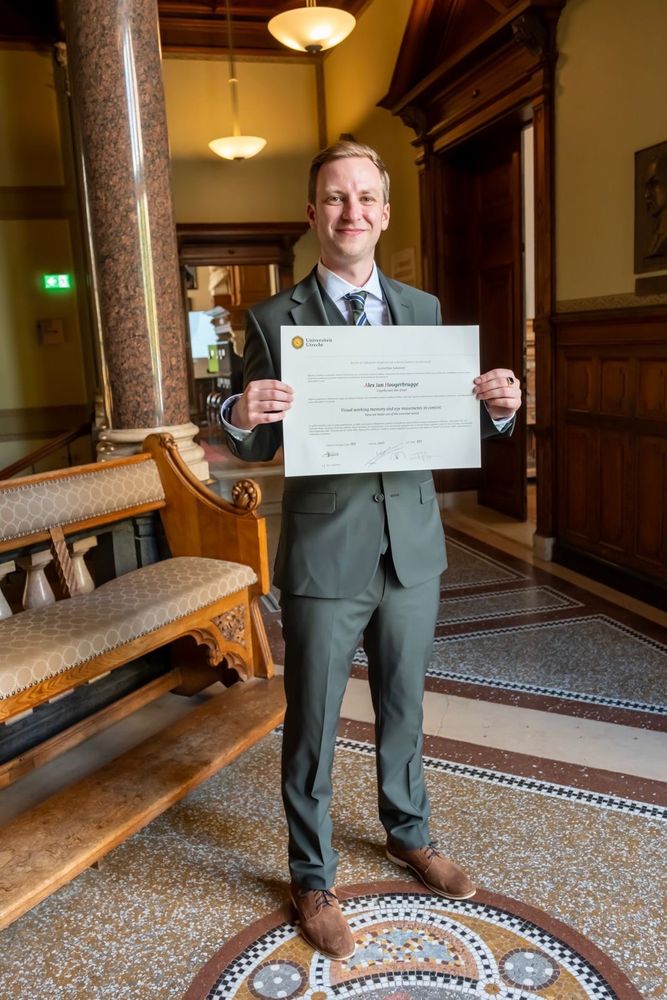
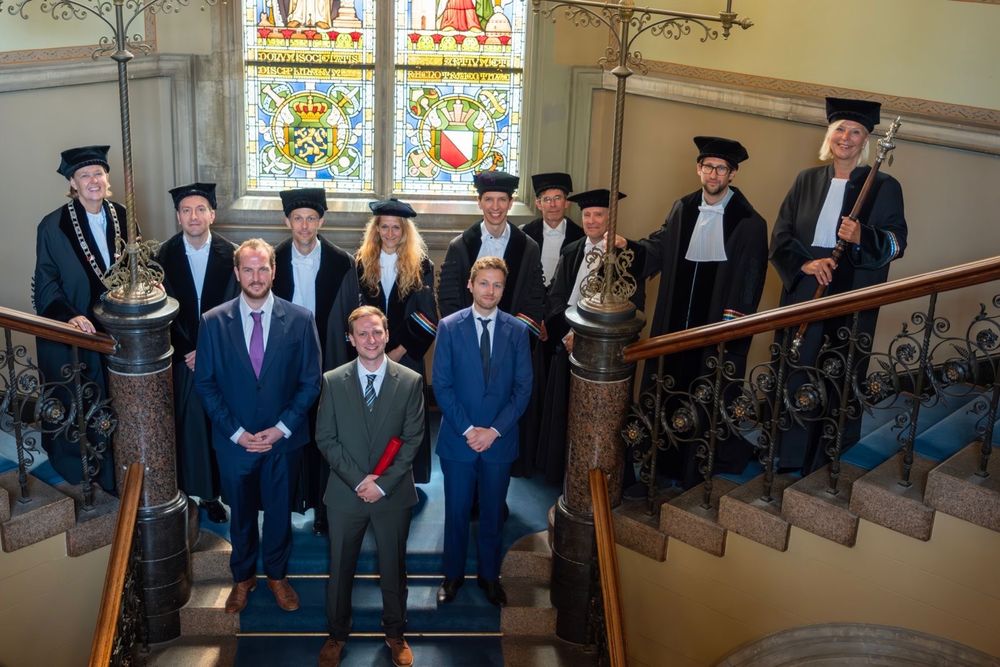
The dissertation is available here: doi.org/10.33540/2960
Open Access link: doi.org/10.3758/s134...
Open Access link: doi.org/10.3758/s134...
Tomorrow in the Attention: Neural Mechanisms session at 17:15. You can check out the preprint in the meantime:
We show: EEG decoding dissociates preparatory overt from covert attention at the population level:
doi.org/10.1101/2025...
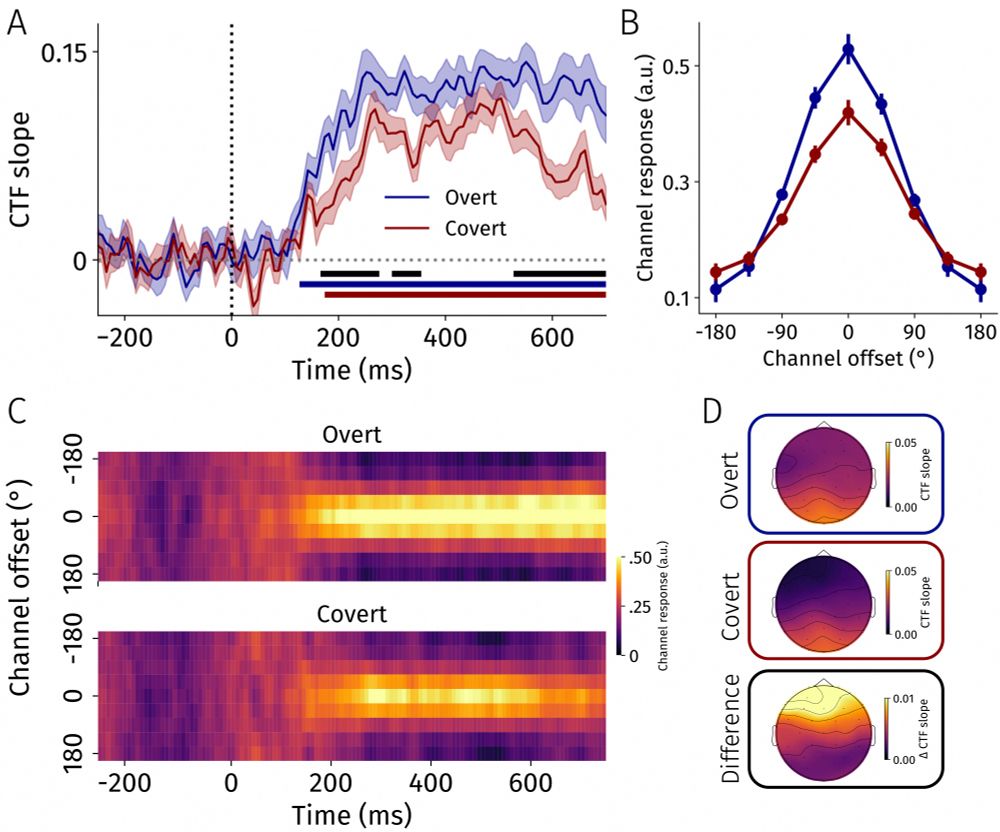
Tomorrow in the Attention: Neural Mechanisms session at 17:15. You can check out the preprint in the meantime:
In our new paper, we show that even when salience attracts gaze, costs remain a driver of saccade selection.
OA paper here:
doi.org/10.3758/s134...

In our new paper, we show that even when salience attracts gaze, costs remain a driver of saccade selection.
OA paper here:
doi.org/10.3758/s134...
How do self-paced encoding and retention relate to performance in (working) memory-guided actions?
Find out now in Memory and Cognition: doi.org/10.3758/s134...
(or check the short version below)🧵
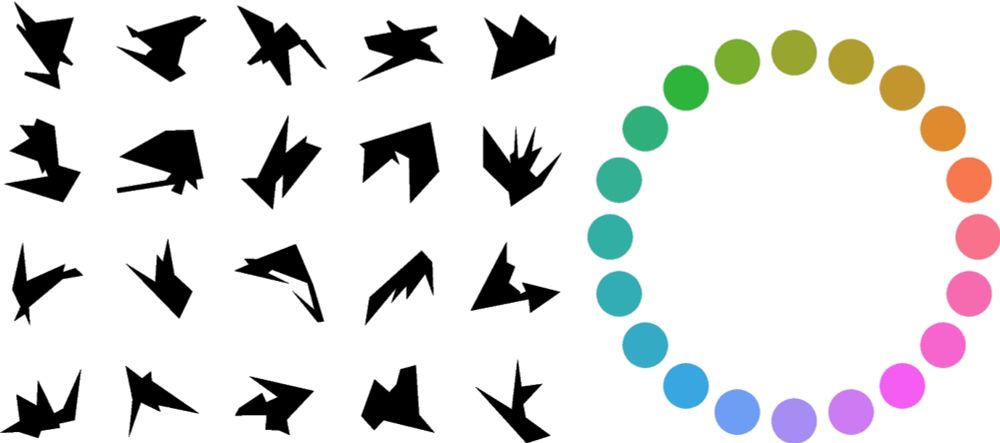
How do self-paced encoding and retention relate to performance in (working) memory-guided actions?
Find out now in Memory and Cognition: doi.org/10.3758/s134...
(or check the short version below)🧵
We show: EEG decoding dissociates preparatory overt from covert attention at the population level:
doi.org/10.1101/2025...

We show: EEG decoding dissociates preparatory overt from covert attention at the population level:
doi.org/10.1101/2025...
I will investigate looked-but-failed-to-see (LBFTS) errors in visual search, under the expert guidance of Johan Hulleman and Jeremy Wolfe. Watch this space!
I will investigate looked-but-failed-to-see (LBFTS) errors in visual search, under the expert guidance of Johan Hulleman and Jeremy Wolfe. Watch this space!
eLife's digest:
elifesciences.org/digests/9776...
The paper:
elifesciences.org/articles/97760
#VisionScience
eLife's digest:
elifesciences.org/digests/9776...
The paper:
elifesciences.org/articles/97760
#VisionScience
eLife's digest:
elifesciences.org/digests/9776...
& the 'convincing & important' paper:
elifesciences.org/articles/97760
I consider this my coolest ever project!
#VisionScience #Neuroscience
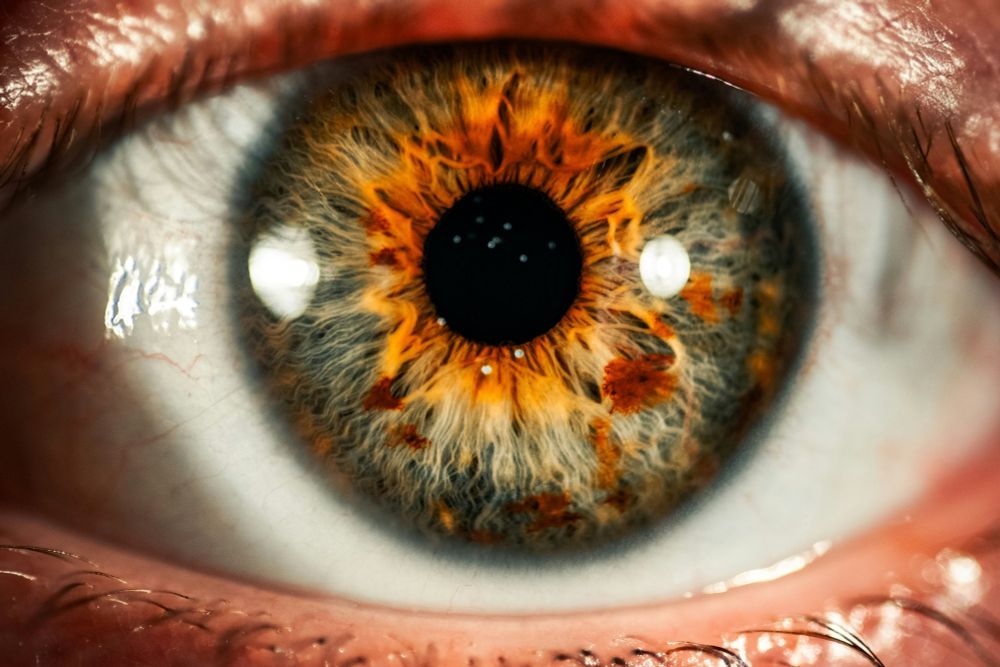
eLife's digest:
elifesciences.org/digests/9776...
& the 'convincing & important' paper:
elifesciences.org/articles/97760
I consider this my coolest ever project!
#VisionScience #Neuroscience
We present two very large eye tracking datasets of museum visitors (4-81 y.o.!) who freeviewed (n=1248) or searched for a +/x (n=2827) in a single feature-rich image.
We invite you to (re)use the dataset and provide suggestions for future versions 📋
osf.io/preprints/os...
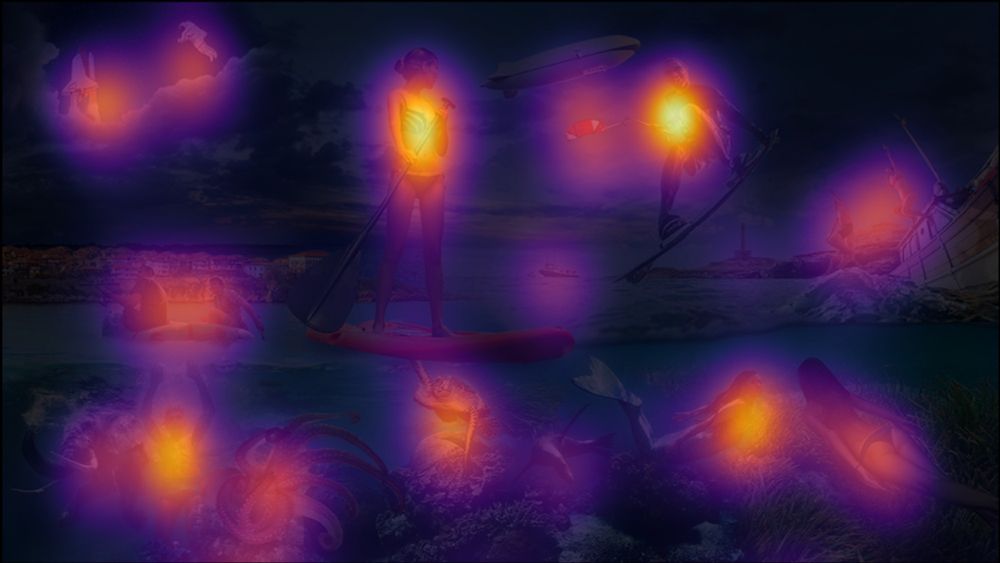
We present two very large eye tracking datasets of museum visitors (4-81 y.o.!) who freeviewed (n=1248) or searched for a +/x (n=2827) in a single feature-rich image.
We invite you to (re)use the dataset and provide suggestions for future versions 📋
osf.io/preprints/os...
Great science, even better people :)
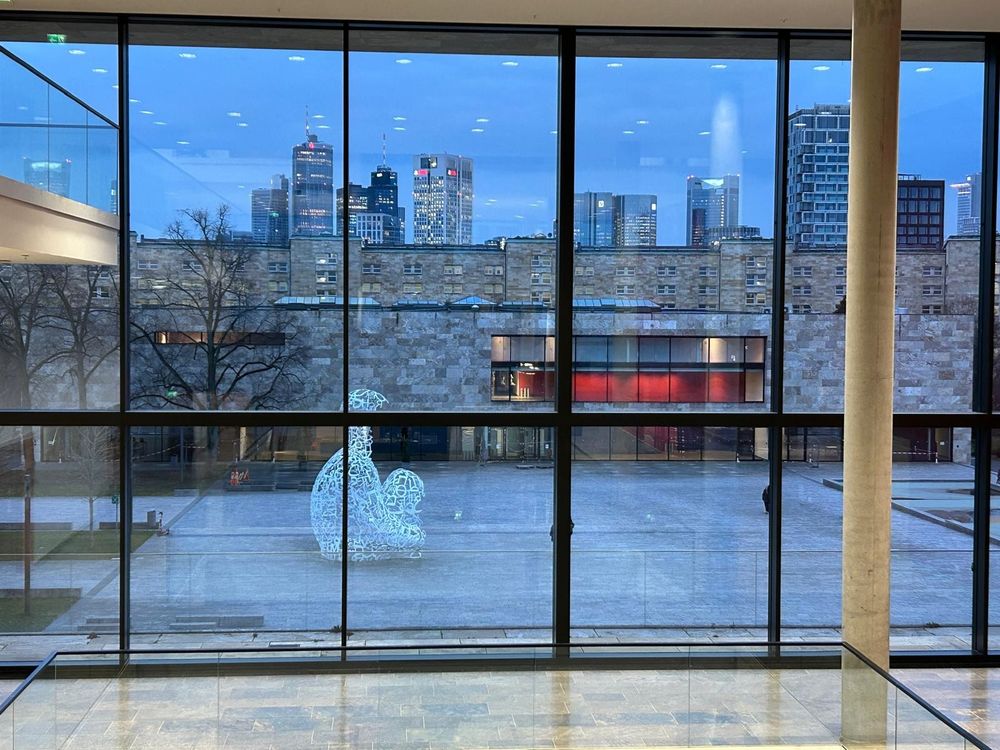
Great science, even better people :)
#MultisensoryPerception #MotionTracking #MotionPrediction #WorkingMemory
#MultisensoryPerception #MotionTracking #MotionPrediction #WorkingMemory

Included: an assignment that lets you measure pupil size. In my classes, this replicates Hess & Polt's 1964 effort finding without an eyetracker. Feel free to use it!
#VisionScience #neuroscience #psychology 🧪
Included: an assignment that lets you measure pupil size. In my classes, this replicates Hess & Polt's 1964 effort finding without an eyetracker. Feel free to use it!
#VisionScience #neuroscience #psychology 🧪
www.biorxiv.org/content/10.1...
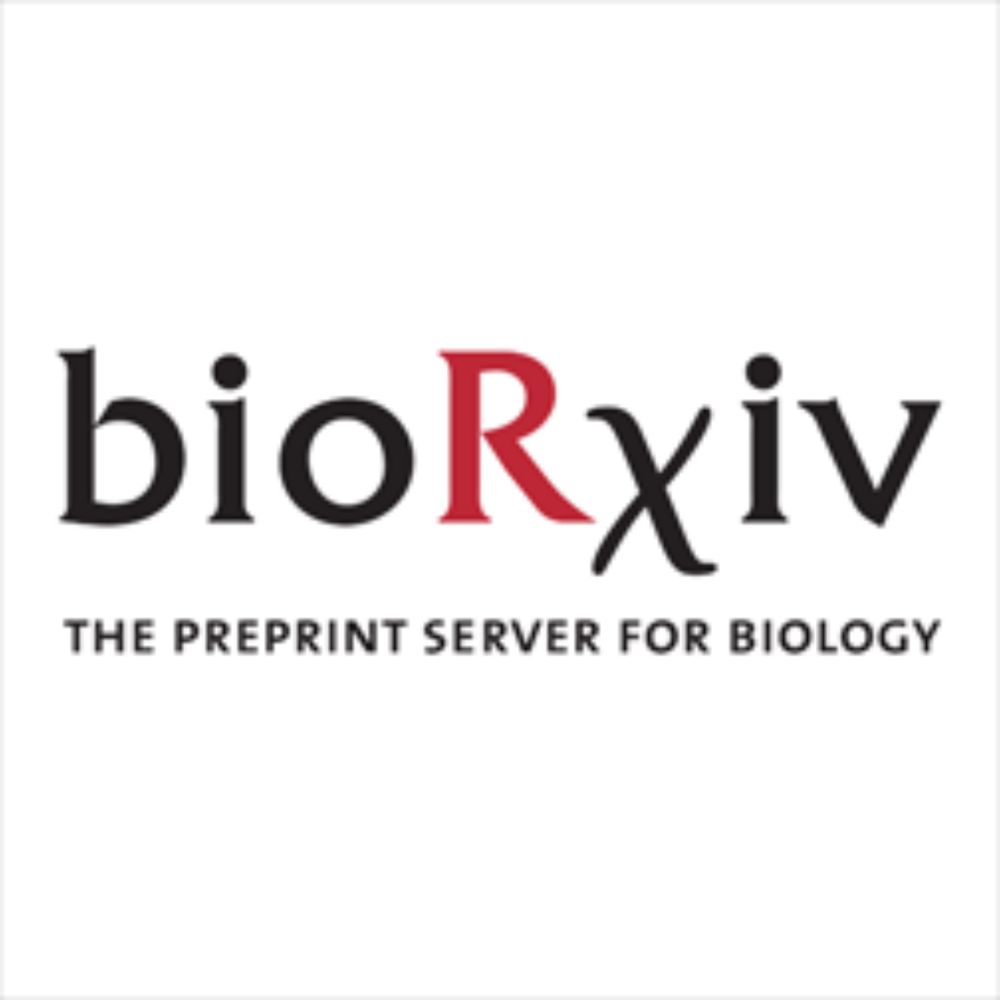
www.biorxiv.org/content/10.1...
@tianyingq.bsky.social's new PBR metaanalysis across 28 exp shows: increases in access cost reliably push toward internal WM use.
doi.org/10.3758/s134...
#VisionScience 🧪

@tianyingq.bsky.social's new PBR metaanalysis across 28 exp shows: increases in access cost reliably push toward internal WM use.
doi.org/10.3758/s134...
#VisionScience 🧪
A Place of Joy.
